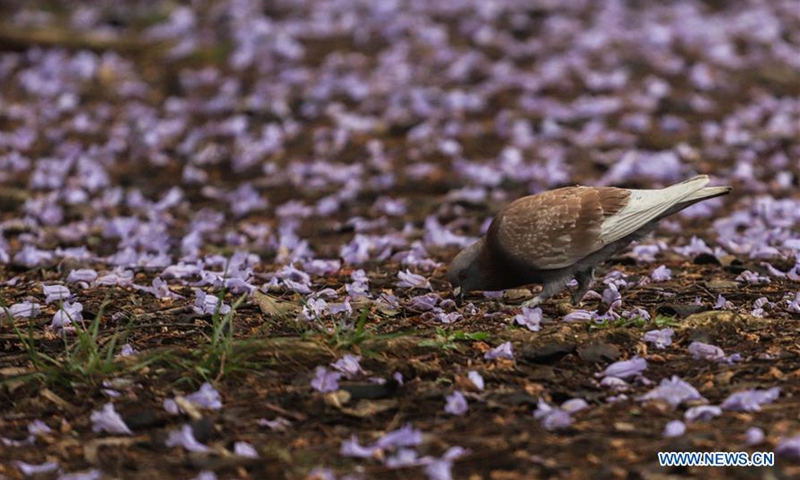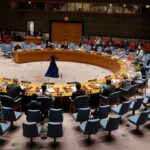Illegal mining expanded by nearly 500 percent on protected indigenous reservations in Brazil in a decade, and by more than 300 percent on protected park lands, according to a study released Monday.
The massive surge in mining activity from 2010 to 2020 raised new concerns about the impact on the Amazon rainforest, where the race for gold is fueling deforestation and leaving rivers polluted with mercury.
The findings come from the organization Mapbiomas, a collaborative platform that analyzes satellite images with artificial intelligence to track the destruction of the world’s biggest rainforest, which has accelerated under Brazil’s far-right President Jair Bolsonaro.
The study found total mine surface area on indigenous reservations, where all mining is illegal, expanded by 495 percent in a decade.
On protected “conservation units,” the total area with illegal mines expanded by 301 percent.
The study also found the total area covered by mines, both legal and illegal, is nearly six times bigger today than in 1985 in Brazil.
Of that area, a total of 72.5 percent is in the Amazon, a vital resource in the race to curb climate change.
“When we compared the information [on areas with mines] with the information on indigenous lands and conservation units, we were surprised by the amount of mining in areas where it’s forbidden,” said Pedro Walfir of the Federal University of Para, one of the coordinators of the report.
Most of the illegal mining on indigenous lands is on the Kayapo and Munduruku people’s reservations, in the northern state of Para.
Bolsonaro has pushed to open protected forest land in Brazil to agribusiness and mining.
His government has presided over a surge in deforestation since he first took office in 2019.
In the 12 months through July, a total of 8,712 square kilometers of forest cover, an area nearly the size of Puerto Rico, was destroyed in the Brazilian Amazon, according to official figures.
Last week, an estimated 6,000 indigenous demonstrators protested outside the seat of government in Brasilia, accusing Bolsonaro of “anti-indigenous” policies.
A dove stands over flower petals at Ibirapuera Park during the first day of spring in Sao Paulo, Brazil on Sept. 22, 2020. (Photo by Rahel Patrasso/Xinhua)



